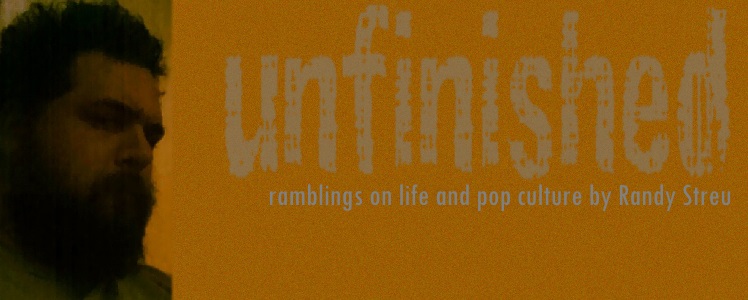As a freelance voice talent and podcast producer, I've only been approached once (so far) by a client who wanted me to sign a "non-compete and non-disclosure agreement." Before I signed anything, I sent it back, asking him to remove the non-compete language. "I'm perfectly comfortable with non-disclosure," I told him. "But this is what I do for a living." My client understood, removed the language, and we've had a great working relationship ever since. And he's never had to worry that I would go off creating a similar product or sharing the fruits of his labor with a competitor.
So, what's the trouble with a Non-Compete, and why won't I sign one? Three reasons:
1. I'm not your employee.
Let's get that out of the way first thing. You don't pay me an annual salary, and your fees probably don't make up even the majority of my monthly take-home. I don't have a 401-k through you, I'm fully responsible for my income tax and retirement, and you don't help me out with insurance. You've paid me to do a job for which I am qualified, and that job, by definition, has a time limit on it. You pay me for my time and expertise; not for the time I do not spending working for you.
2. This is my living
I earn money, as you do, by working. Because I am self-employed, I do not, and cannot, depend upon a single source of income. The more work I bring in, the more I am able to make, and the better I am able to provide for my family. Since you are paying me to do one job, I would be foolish to shoot myself in the foot, and limit my earning potential, by agreeing to turn away your competitors. I want to do my best for you, and as my client, you have my utmost professional respect. You will always get my best work and customer service. But at the end of the day, when our contract is over, I still have a family to feed, a mortgage to pay, and a business to build.
3. A Non-Disclosure Agreement will afford you the same protection without limiting my earning potential
Let's be honest: What you're really worried about is not that I, your freelance consultant/writer/voice talent, whatever, may work for your competitor. It's not as if they can't find someone else who does what I do. The real issue is your proprietary information. You are my client, and we need to be able to trust one another. If signing an agreement telling you I won't do what I wouldn't do anyway--that is, disclose that information to another client for any reason--will enable that relationship to move forward smoothly, I'm more than happy to do so!
So, are there situations in which I might sign a Non-Compete?
I'll be honest: I'm pretty wary. You can help make the decision easier by using language that ensures me of my ability to keep doing my job. For example, if you limit the time encompassed in the non-compete to only the duration of our contract. If you limit the scope of the non-compete only to your direct competitors. Not peripheral competitors. Not companies that might occasionally do something that crosses into the same general territory as you. Direct competitors. If you include language that helps me understand the purpose of the agreement is to protect your proprietary information. Under these circumstances, I might be persuaded. If it's that important that your contractors sign, you could also always sweeten the pot: Make it worth our while to sign away our rights to work with certain clients for the duration of the contract.
More companies, according to the articles I'm reading, are beginning to use Non-Competes in their freelance contracts. But you will find that, as that frequency goes up, so too does the frequency of freelancer advocates and advisers telling their circle of influence to stay away. For us, it's simple math. The potential number of clients we could lose by signing a non-compete is almost incalculable. The number of clients we lose if we can't reach a compromise on a Non-Compete is one.
As a freelancer, I want your business. I want to make you happy. I want my work to meet and exceed your expectations and to fulfill your needs. But I need to work. A good contract can benefit the both of us--and ensure your company's security and privacy--without limiting my ability to earn a living.
